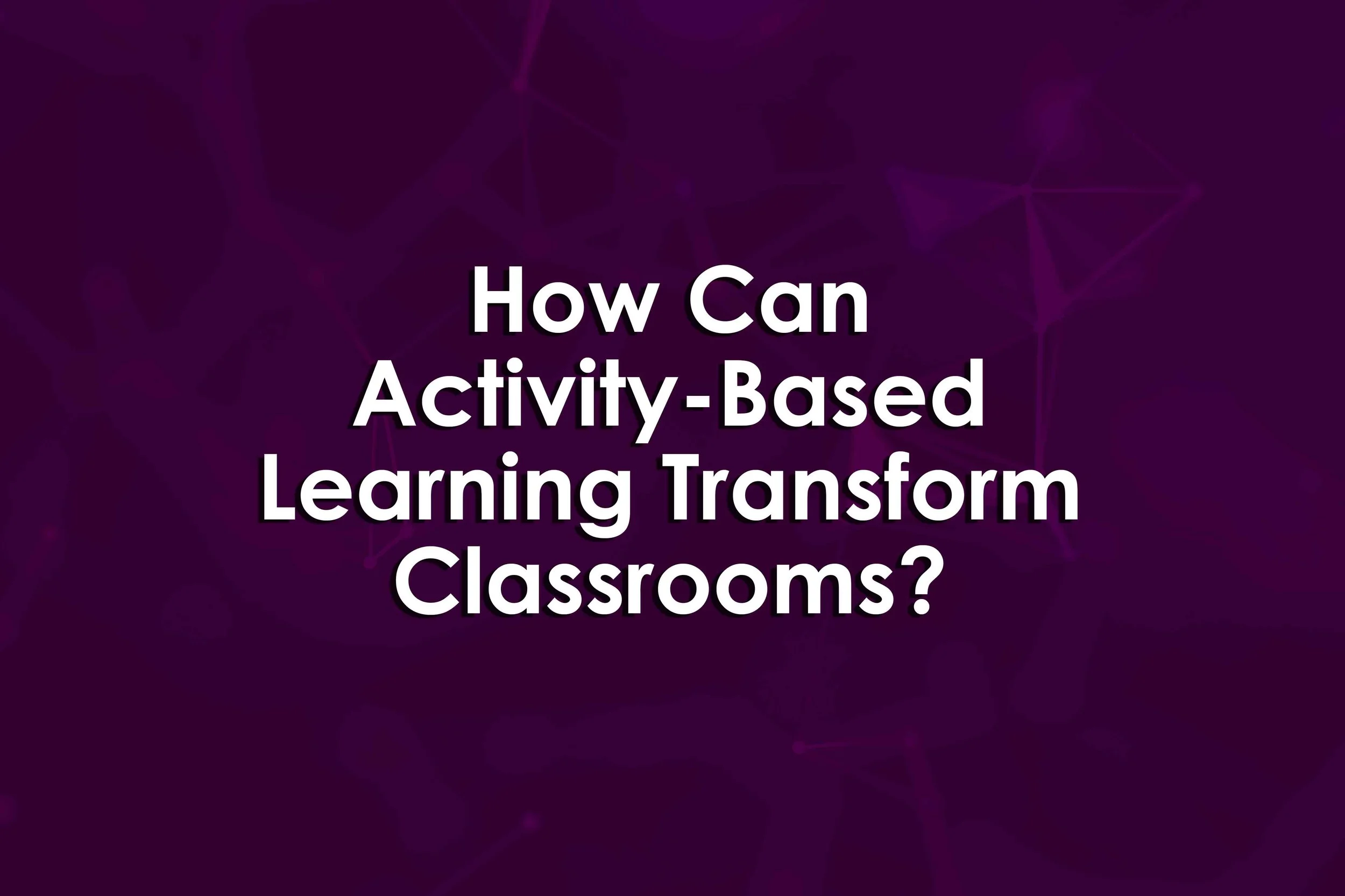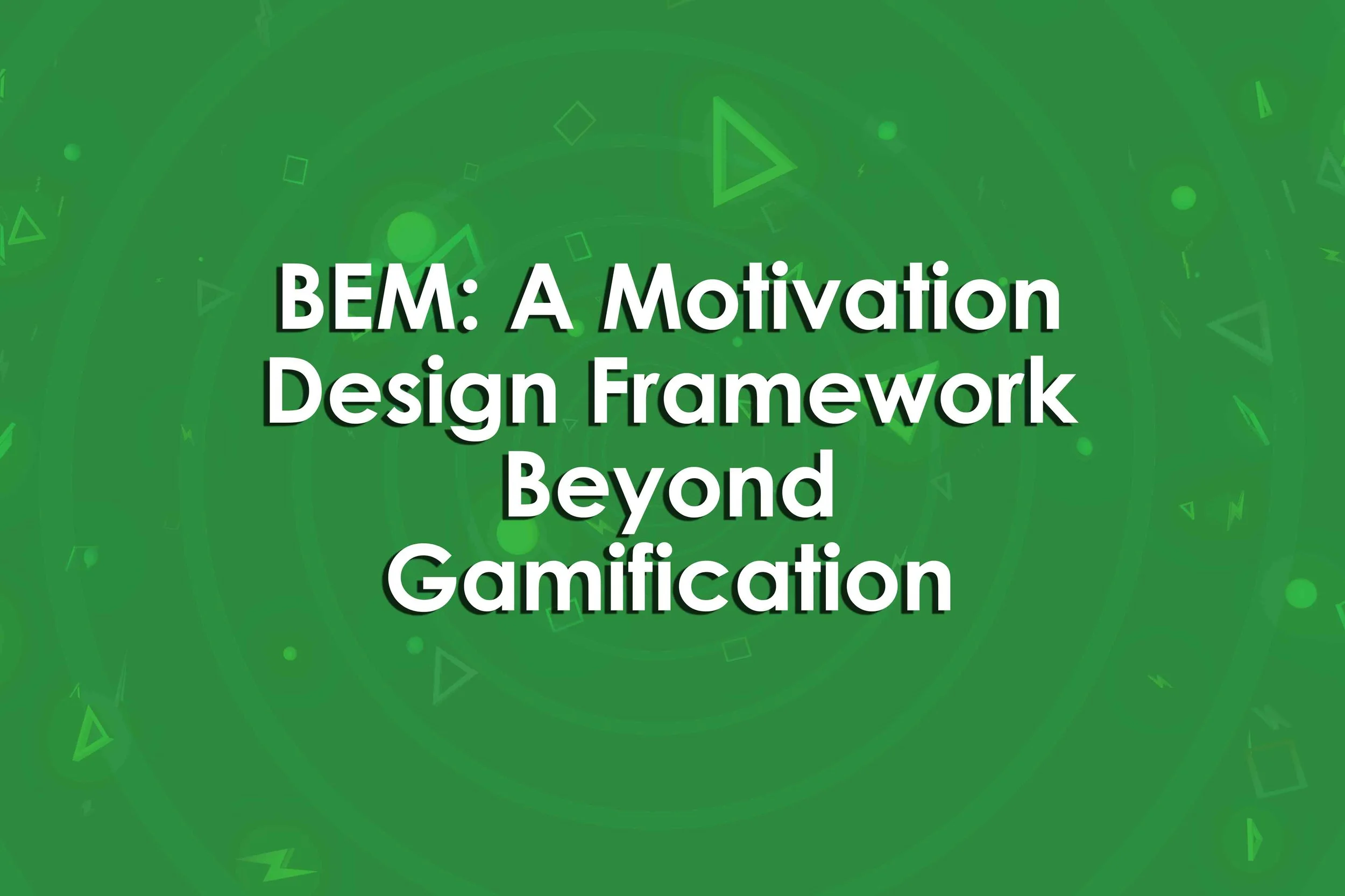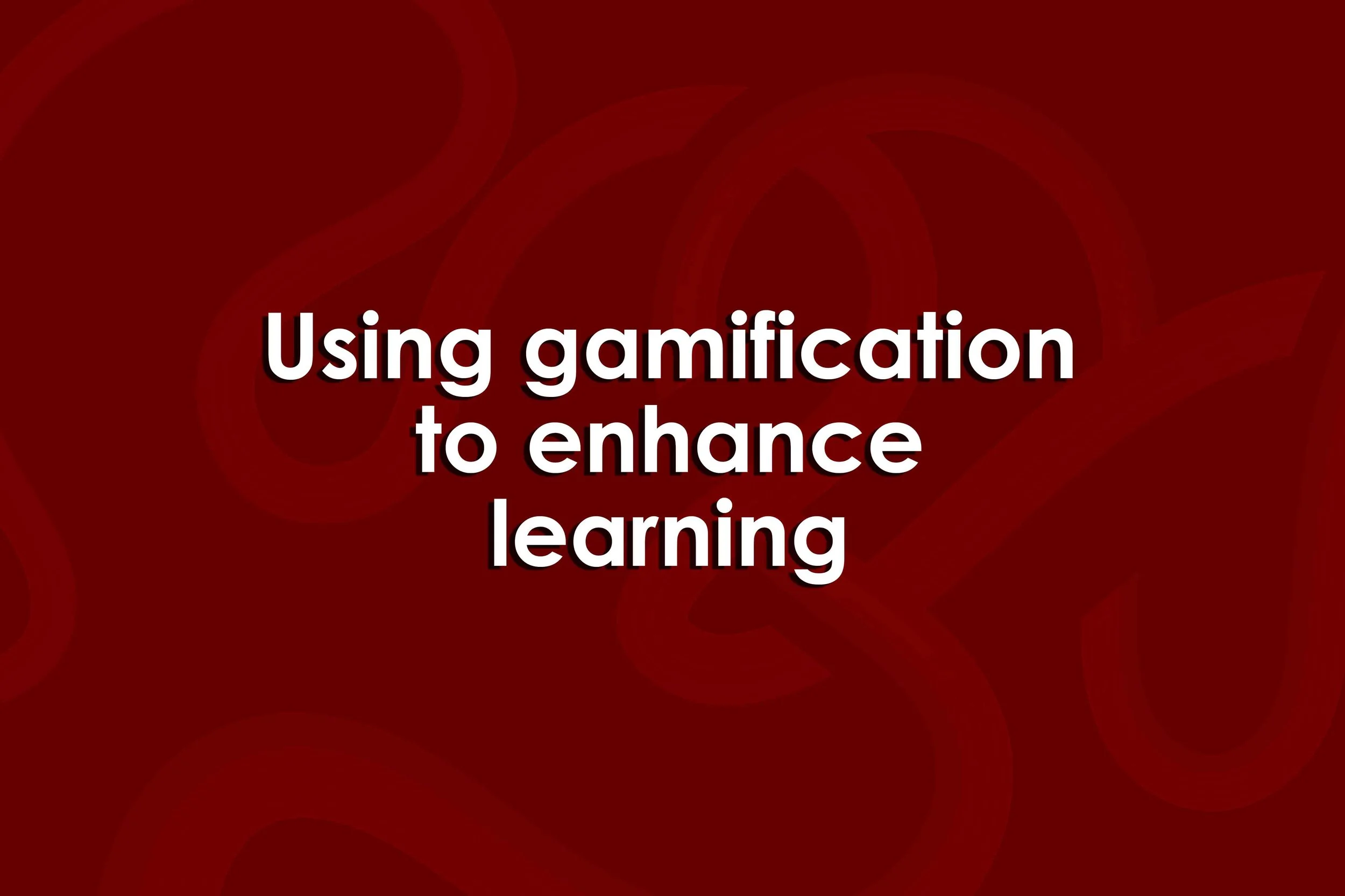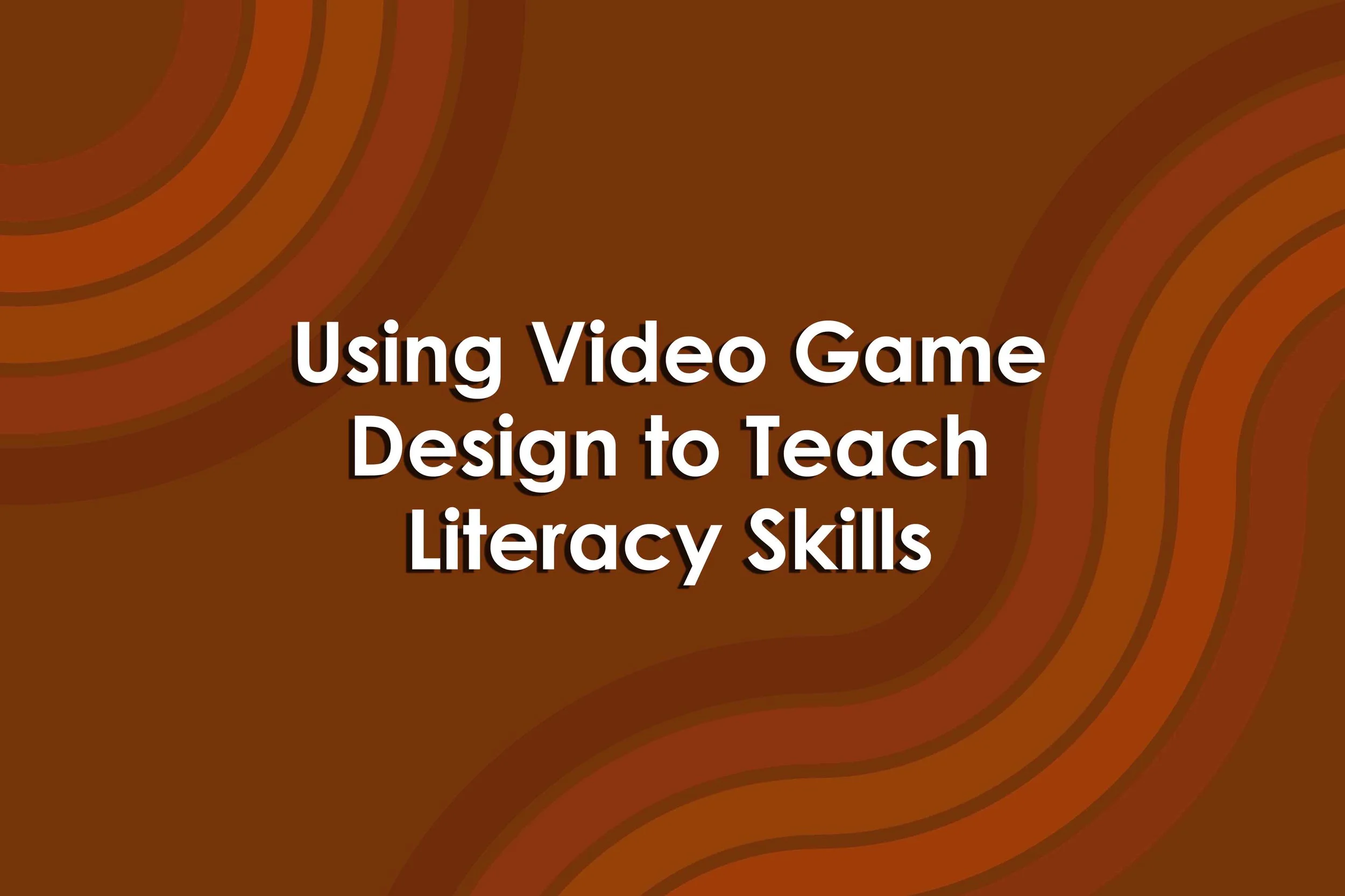The International Science Reserve (ISR) has launched The Disaster Response Game, a digital simulation designed to help scientists practice crisis decision-making in scenarios like pandemics, wildfires, and food insecurity.
Read MoreGirls' Pride Gambia held a Funneh Board Game competition at Alliance Francaise, concluding a project promoting menstrual health and gender-based violence awareness, funded by the French Embassy. The interschool event evaluated the initiative's impact, with Future Generation Senior Secondary winning.
Read MoreMahjong, a 19th-century Chinese game, is experiencing a cultural revival among Gen Z and millennials, particularly in New York and Los Angeles. Pop-up clubs like Green Tile Social Club and East Never Loses blend traditional play with modern elements like DJs, sake, and social media. Beyond entertainment, mahjong fosters post-pandemic social connection and mental wellness. Historically rich and globally adapted, the game has persisted despite cultural bans and evolving trends. With over 40 variations worldwide, it bridges generations and cultures. Today, it’s embraced by designers, celebrities, and communities, proving mahjong’s enduring appeal as both a social and symbolic tradition.
Read MoreModern education demands innovative approaches that go beyond traditional methods. Activity-based learning, gamification, flipped classrooms, and storytelling actively engage students, making learning enjoyable and memorable.
Read MorePBS KIDS has greenlit Skillsville, a new animated series aimed at teaching four- to eight-year-olds personal and career skills through video games.
Read MoreGamification is often misunderstood as using superficial rewards—points, badges, leaderboards—to drive engagement. True gamification, however, taps into intrinsic motivation by designing meaningful experiences.
Read MoreSocialudo, a social enterprise, is revolutionizing training in the housing sector through serious, game-based workshops designed to foster strategic anda creative thinking. Founded two years ago, Socialudo uses board games to build collaboration, develop planning skills, and support professional growth.
Read MoreA study published in the Journal of Pediatric Nursing found that digital games and video animations can improve diabetes management in children with type 1 diabetes. Conducted from September 2022 to 2023 with 55 children aged 8–12, the study showed that those using interactive digital tools had better glycemic control and improved diabetes-related knowledge and behavior.
Read MoreFelix Weiß, co-founder of to teach | thea GmbH, is dedicated to transforming education through AI-driven tools that support teachers and personalize student learning. Inspired during his teacher training, Felix partnered with Marius Lindenmeier in 2018, blending education and tech expertise.
Read MoreHacking games offer a safe, immersive way to learn real cybersecurity skills. The article highlights top tools like Telehack, which simulates 1980s-era networks with real command-line interaction; OverTheWire, ideal for Linux beginners learning file manipulation and vulnerability exploitation; and PicoCTF, a competitive Capture The Flag platform developed by CMU covering topics like cryptography and reverse engineering.
Read MoreOver the past five decades, the U.S. Navy has used wargaming, mostly tabletop-based, to train sailors, but widespread adoption faces challenges. Key requirements include senior leadership support, dedicated time, suitable shipboard space, and IT compatibility. While games like Harpoon and Command: Modern Operations offer depth, they are time-consuming or restricted by security protocols. Compact, simple games like Littoral Commander and Swarming Boats show promise.
Read MoreLarry Falkin, a sustainability expert and Sierra Club member, is using eco-themed board games like Power Grid to spark community conversations about environmental issues. At monthly meetups hosted by the local Sierra Club chapter, participants play games that simplify complex sustainability topics, making them easier to understand and discuss.
Read MoreA trial at Sybil Elgar School in West London is testing AI-powered, touchless computing to enhance education for autistic students. Developed by UCL Computer Science and MotionInput Games, the system uses webcams and gesture recognition to control learning games without specialized hardware.
Read MoreResearchers from Kennedy Krieger Institute and Nottingham Trent University have developed CAMI, a one-minute video game using motion-tracking to assess motor imitation in children. In a study of 183 participants aged 7–13, CAMI distinguished children with autism from neurotypical peers with 80% accuracy and from those with ADHD with 70% accuracy.
Read MoreMIT's Interaction Intelligence course showcased innovative student projects at NeurIPS 2024, blending AI with creative expression. “Be the Beat” is an AI-powered boombox that suggests music based on dance movements, enhancing artistic control.
Read MoreGamification—adding game-like elements such as points, badges, and leaderboards—has become a popular tool in education to boost student engagement, especially as attention spans shrink. It transforms learning into a more interactive and enjoyable experience, seen in institutions like IIM Kozhikode and platforms like Udemy.
Read More"The Max Schoenfeld School in the Bronx is addressing low literacy rates through an innovative after-school program that integrates video game design with literacy instruction. Serving primarily low-income, Hispanic, and English learner students, the program uses a curriculum developed with a literacy expert to teach vocabulary, storytelling, and communication skills.
Read MoreA viral video featured social science teacher Mr. Mahathey using the game Assassin’s Creed to teach history, specifically the Battle of Thermopylae, by guiding students through the game's depiction of ancient sites.
Read MoreA college student recounts a memorable night spent playing the board game Catan with friends instead of going out, highlighting the growing appeal of tabletop games among young adults. The author argues that board games foster in-person social connections and boost cognitive skills, which is increasingly valuable in a digital-focused era.
Read MoreWorking memory—the ability to hold small amounts of information briefly—is essential for daily cognitive tasks. Professor Susanne Jaeggi and her team at Northeastern University’s Brain Game Center found that targeted training can improve this function.
Read More




















